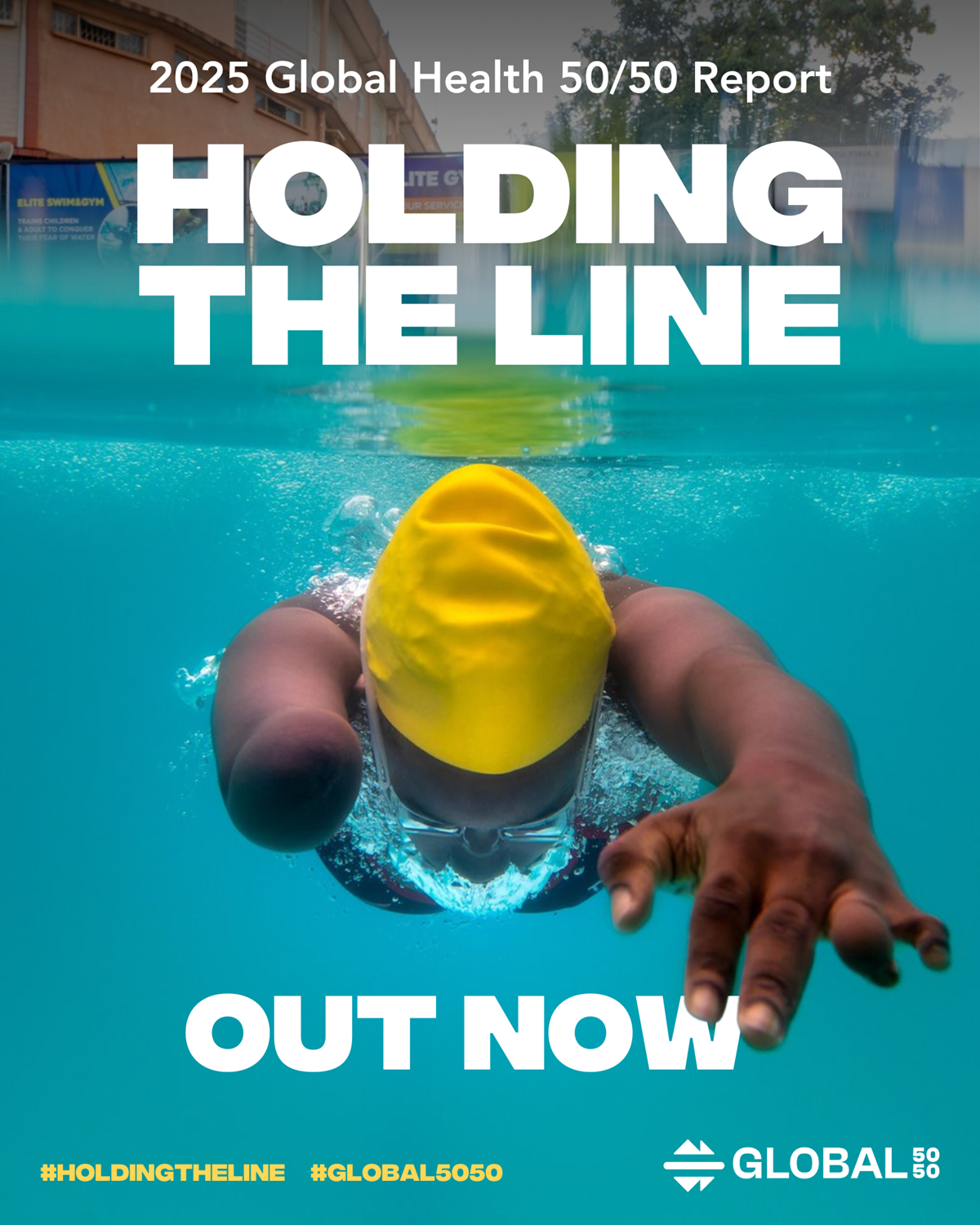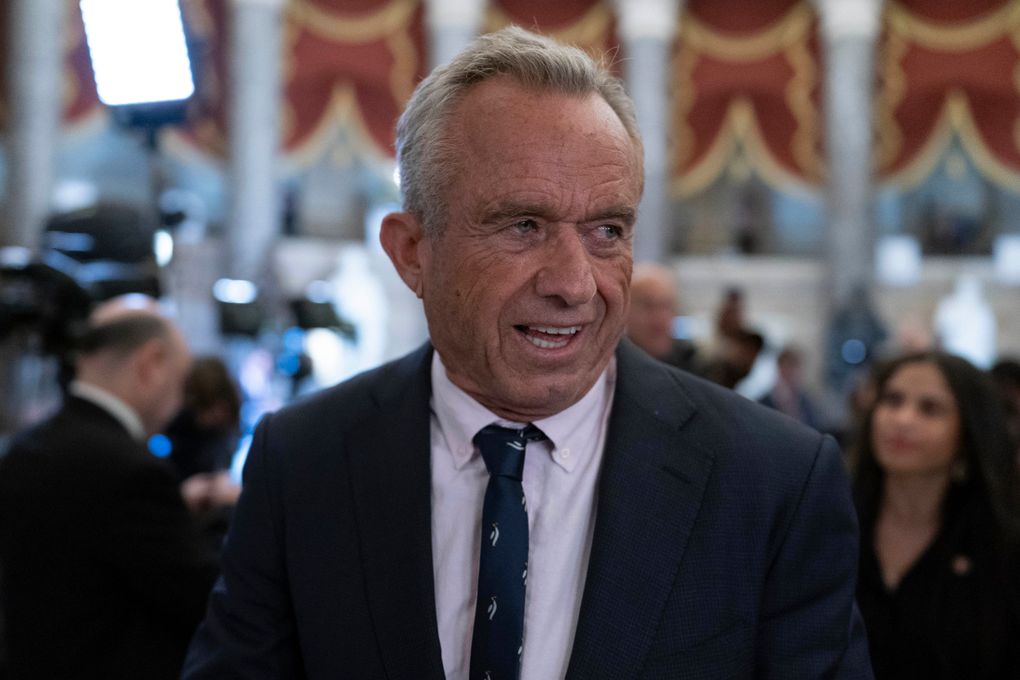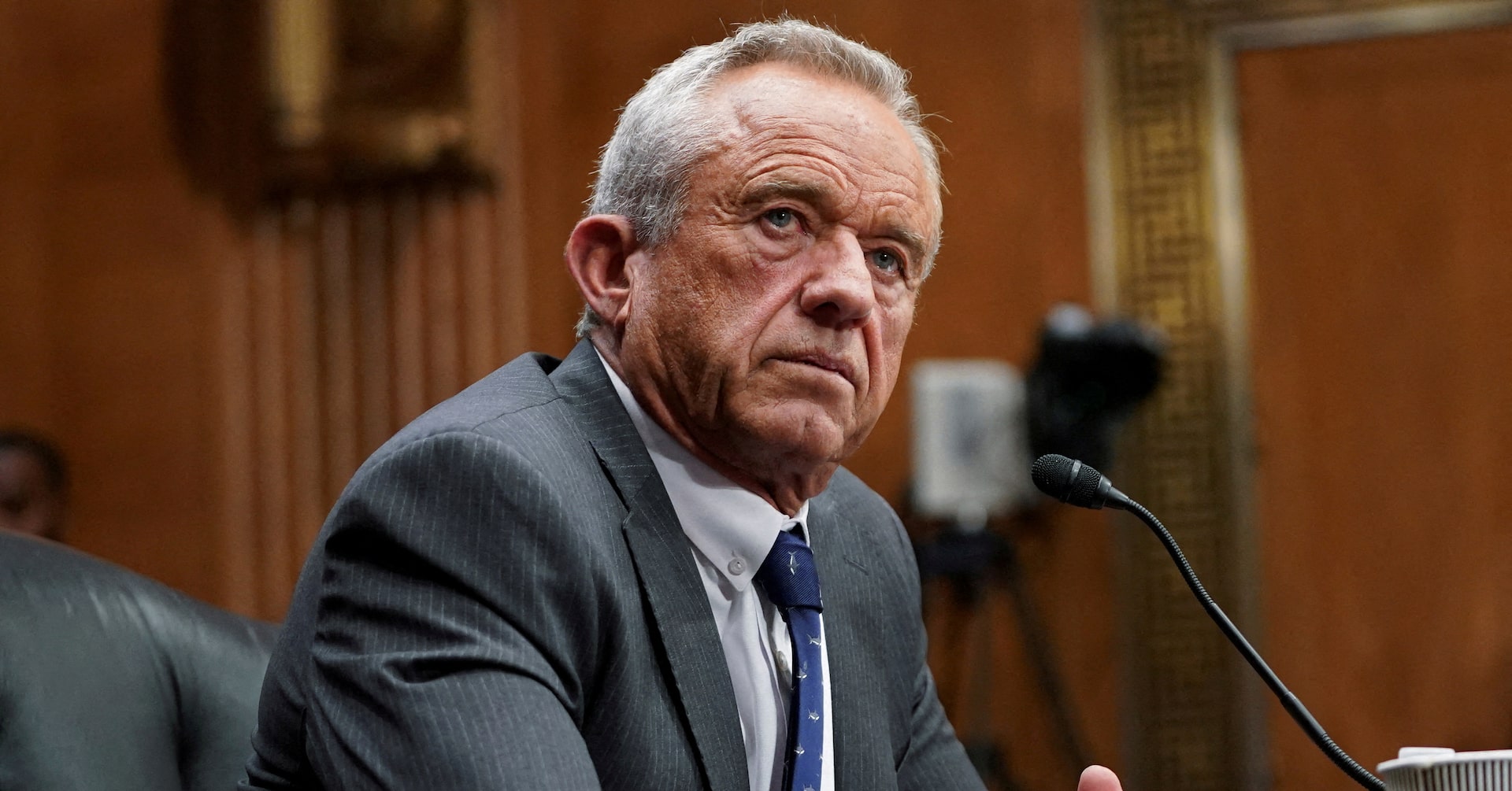Breaking Barriers: The Global Health Equity Showdown of 2025

In a sobering revelation, Global 50/50's latest Health Report exposes a significant decline in organizational commitments to workplace fairness and equity. The eighth annual report highlights the fragility of previous progress, serving as a stark reminder that the journey toward social and gender justice is complex and often marked by unexpected challenges.
The findings underscore the persistent obstacles facing workplace equality, revealing that hard-won gains can quickly erode without sustained, deliberate effort. This year's report acts as a critical wake-up call, demonstrating that achieving true equity is not a linear path but a nuanced and ongoing process requiring continuous dedication and strategic intervention.
While the data presents a disheartening trend, it also offers an opportunity for organizations to recommit to meaningful change, recognizing that true workplace inclusivity demands more than superficial commitments—it requires deep, systemic transformation.








